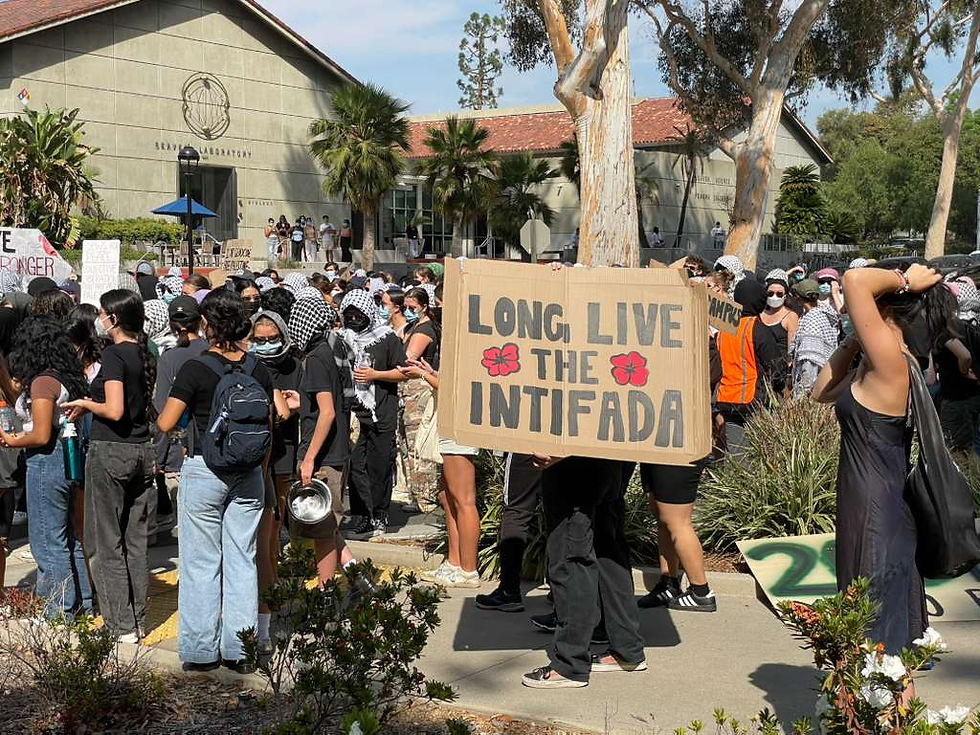Pomona To Eliminate Points System, Replace With Educational, Not Punitive, Discipline Process
- The Claremont Independent

- Apr 2, 2021
- 2 min read
In an email sent to the student body earlier today, Pomona College Dean of Campus Life Josh Eisenberg informed students that the Point System, Pomona’s disciplinary system in which students received a certain number of “points” for committing drug- and alcohol-related infractions, will be replaced “with a conduct process for low-level violations of the Student Code that is educational rather than punitive.”
The email explains that the Point System “will be replaced with a conduct system that emphasizes conversation, community-building, and education. The Points System is considered by many students to be punitive, confusing, and arbitrary which is antithetical to what we believe Pomona College wants from its conduct process.”
According to Eisenberg, “[t]he conversation about changing the Points System began last summer with a committee of students and administration…Over a 10-week period the committee looked at 14 different codes of conduct from small liberal arts colleges to help develop a new conduct model.”
The new model, attached as a Microsoft Word document to Eisenberg’s email, contains several notable provisions. The code explains that the sanctions it outlines “are educational in nature rather than punitive and arbitrary. Since the new system is based on conversations sanctioning will be based on what best serves the student and the community rather than arbitrarily assigning points based on a violation.”
Under the new code, “[c]harges are no longer ‘stacked.’ An offense encompassing the violations of that evening, for example, hosting a party while serving [alcohol to] underage students may have two violations but will be one offense. If a violation is egregious in nature, such as selling illegal drugs, that will be handled at a higher level.”
In additon, Eisenberg explained that “[t]here will be fewer delays in handling alcohol and other drug cases. A majority of violations of the code that occur at Pomona are low-level (unlikely to result in probation) and will be handled mostly through conversations with Student Code Administrators, Class Deans, and Judicial Council Advisors which can be scheduled more quickly. Judicial Council will hear cases that are likely to have a greater impact on a student’s status at the College, which should be a more deliberative process.”
Notably, “[a]ll points will be removed from all student records over the summer.” Under the previous system, three points would be forgiven every hundred days. According to Eisenberg, “[i]f you are found responsible or accept responsibility for a policy violation that will be kept as a record of your conduct throughout your time at Pomona – which is not a change from the Point System. This is common in college and university conduct systems throughout the United States. There was confusion about this previously since while points could expire, the cases remained on a student record.”
.png)



Comments